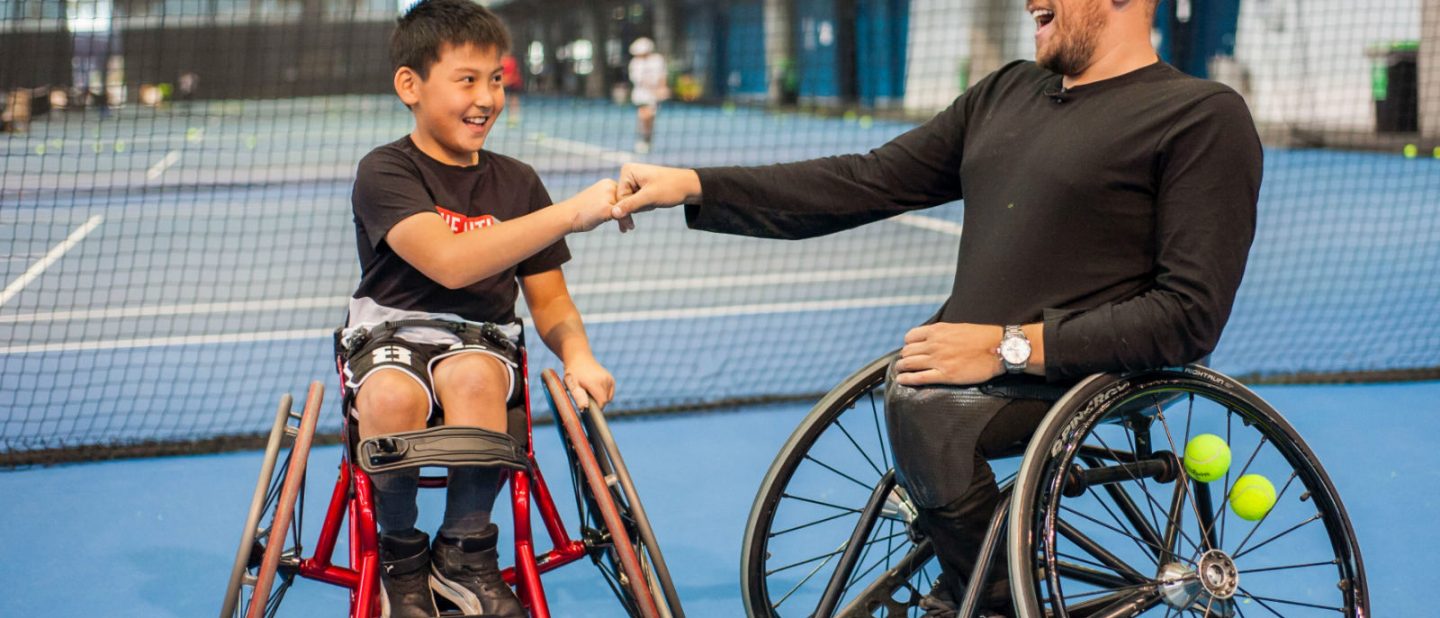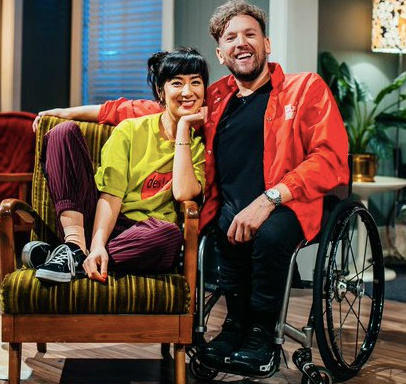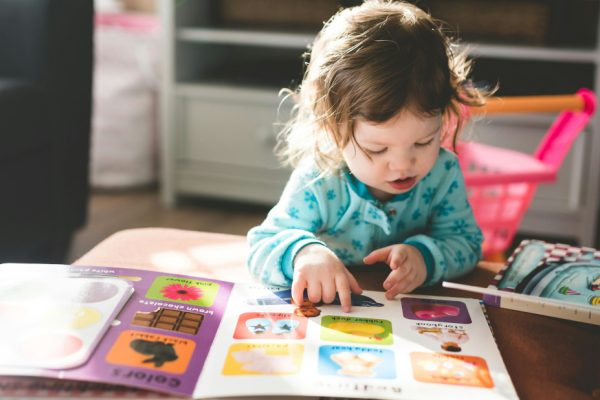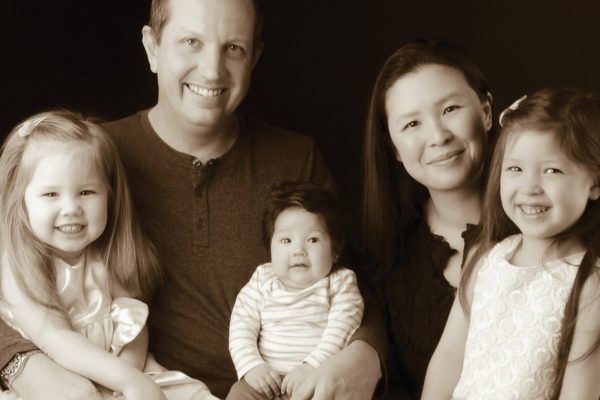
The Source Kids Interview: One on One with Dylan Alcott
He’s been the cheeky face of the Invictus Games who managed to convince Prince Harry to don a pair of budgie smugglers. And for Dylan Alcott, becoming an inspirational poster boy for disability inclusion is something the wheelchair- using champion is taking in his stride, pardon the pun! Dylan’s unique sense of humour and honest approach has seen his star rise and shine blindingly bright in recent months and, it’s been a breath of fresh air.
To understand the magnitude of Dylan’s triumphs on the world stage – both as a sportsman and now, it seems, celebrity – you have to appreciate where he has come from.
When the wheelchair tennis star was born, doctors decided that at just three days old he needed surgery to remove a tumour wrapped around his spine.
The operation left him a paraplegic.
He struggled for years to come to terms with his physical reality.
“I found it really tough growing up with my disability. I was OK, but then I got bullied at school and it became really hard,” Dylan says.
“No matter how positive you try to be, as a kid especially it can really get you down. The best advice I received was to get a haircut because my hair was crap. I really took that on board and made a change! “
It was sport that actually changed his life – Dylan goes as far as to say it was a lifeline.
“I don’t think I’d be doing much, if anything, now if not for sport. It saved me,” he says.
At the age of 12, he discovered Paralympic sport, and at the age of 17 became the youngest wheelchair basketball gold medalist in history at the 2008 Beijing Paralympics.
Two years later, he represented Australia at the 2010 IWBF World Wheelchair Basketball Championship in England and won a silver medal at the 2012 London Paralympics.
By 2016 he had swapped the basketball for the tennis racquet and went on to win two more golds at the 2016 Rio Paralympics for wheelchair tennis.
He has won six Grand Slams (four Australian Open singles titles and two US Open singles titles) and even graced the courts of Wimbledon this year for the first time in an exhibition doubles match.
Dylan is already in training for the Australian Open in January and will then set his wheels in motion for Tokyo 2020.
“Training for these types of events is as much mental as it is physical – something I have learnt the hard way before,” he reveals.
“I am working hard at the moment to ensure everything off the court is in order with my team so that mentally I am ready to take on the court.”
Despite the on-court glory, it is an achievement off the court that the Order of Australia recipient lists as his greatest moment.
He established the Dylan Alcott Foundation; a charitable organisation offering mentoring, grants and scholarships to help enrich the lives of young people with disabilities through sport and study.
As a fundraiser he organised a music festival – no surprises there for the music loving, triple j radio announcer famous for his crowd surfing.
Enter Ability Fest.
“It was for anyone – no matter your race, gender, sexual orientation, abilities,” Dylan says.
“Of the 6000 people who came, 500 of them had disabilities, and 300 of them had never been to an event of any kind before because of lack of access or understanding.
“I’ve been pretty vocal about Ability Fest truly being one of the best days of my life. Working with the teams from Untitled and Alt Shift and of course the team at DAF to pull that off was incredible.”


Dylan is determined to share his positivity with the world – and help others who find themselves in the position he was before sport catapulted him into a world of hope and ambition.
His greatest passion is changing the way those with disabilities are perceived, and to inspire young people – whether they have disabilities or are able-bodied – to achieve their dreams.
So much so, he has written his first autobiography – able: Gold Medals, Grand Slams and Smashing Glass Ceilings.
Dylan says the book, due for release as we go to print, is something he has wanted to do for a long time.
“The process was definitely one I wasn’t ready for – coming off the US open, I literally chained myself to my desk for weeks to get it done but boy am I glad I did,” says Dylan.
“I’ve been very honest about a lot of my emotions throughout the book – extreme highs and lows – things that people might not know.
“I hope people finish the book with the motivation to dream bigger and aim higher – and do it all with a joke and a smile.”
And what a smile he has, this poster boy for disability sports and inclusion.
“Ha – I think every guy dreams of being a poster boy, don’t they?”, he quips when I ask him about whether he was prepared for such a monumental responsibility.
“But seriously – no. I just go about my day and have a lot of fun with it. There are the normal niggles that come with travelling a lot and working long hours but I honestly cannot complain – I love my job and love my life and wouldn’t change any of it. I’m very lucky to be where I am.”
For a man with so much more to give on and off the court, he is happy to give this advice to people reading Source Kids.
“Be confident and proud of who you are,” Dylan encourages.
“Remain authentic to yourself and if one person gives you bad advice, go elsewhere.
“My all-time favourite saying is, “For every one thing I can’t do, there’s 10,000 more that I can.”
Genuine advice, from a genuine larrikin and legend.








